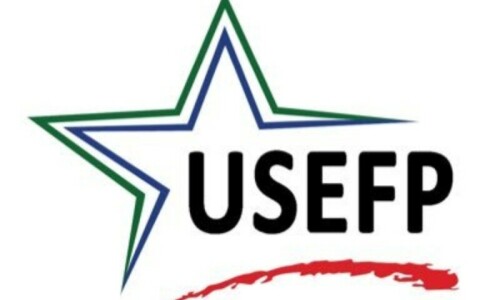ISLAMABAD: The Council of Common Interests (CCI) on Friday conceded demands for an independent audit of five per cent of census blocks and sharing with the provinces in real time data on oil, gas and electricity production and consumption.
A meeting of the CCI, presided over by Prime Minister Shahid Khaqan Abbasi and attended by the chief ministers of Sindh, Balochistan and Khyber Pakhtunkhwa, also allowed export of 1.5 million tonnes of sugar at the existing subsidy of Rs10.70 per kilogram.
According to sources, the statistics division strongly opposed an increase in third-party validation of randomly selected census blocks from one to five per cent and hiring of an international or local third-party audit firm because of procedural challenges.
The statistics division said the bidding for hiring of an audit firm of repute would take five to six months, adding that selection of blocks for audit should be in a linear sequence for ease of enumeration.
After opposition from almost all the members, the CCI overruled the objections. The meeting was told that the prime minister had already given an undertaking to expand the scope of third-party validation of census results to 5pc to address reservations of various sides and there was no going back.
The CCI decided that selection of a third-party firm would be made within a month and census blocks be selected randomly through ballot to ensure transparency. It was noted that selection of more than 8,000 blocks (5pc) through ballot would mean blocks in various parts of the country without human interface.
It was also decided that the process of enumeration under the third-party audit would remain the same as followed in the census. This would mean one member each from the statistics machinery, the armed forces and the audit firm.
According to an official, the CCI did not take any decision on delimitation of constituencies but formed a technical committee to oversee the process of third-party verification of 5pc census blocks.
The council accepted a long-standing demand of the provincial governments, particularly KP, for real-time monitoring of electricity production and consumption by each distribution company, besides oil and gas production from fields. It agreed to have “real-time monitoring of electricity production, allocation to each Disco (distribution company) and duration of loadshedding by the provinces. Similar mechanism would be made available for the gas sector also,” said an official statement.
The CCI also accepted the KP government’s request for one-time relaxation in the award of one new exploration block to each provincial holding company (PHC) without competitive bidding.
A spokesman for the Sindh chief minister said in a statement that the oil blocks were normally awarded through bids, but in the case of PHCs these would given without bids. This would be made through an amendment to the Petroleum Exploration and Production Policy, 2012.
Sugar export
The CCI decided to recommend to the Economic Coordination Committee to allow export 1.5m tonnes of sugar during the fiscal year 2017-18. “The existing subsidy level on the exports would continue,” it said. It means the ECC would not increase subsidy currently set at Rs10.70 per kg.
Sugar mills had been demanding of the government to raise the subsidy on sugar export to Rs20 per kg. The commerce ministry had opposed the demand, saying the sugar mills were blackmailing the government.
The Sindh CM’s spokesman said the federal government had also proposed deregulation of sugarcane price and let the market forces to determine its rates. He claimed that CM Syed Murad Ali Shah had strongly opposed the proposal, saying that it would cause losses to the farmers who needed to be protected. Therefore, the proposal was dropped.
In order to resolve issues relating to the Employees Old-Age Benefits Institution and the Workers Welfare Fund in the post-18th constitutional amendment scenario, the CCI decided to constitute a sub-committee comprising the minister and secretary for overseas Pakistanis and human resource development, special assistants of the prime minister on law and revenue, finance secretary and provincial labour ministers and secretaries.
Discussing matters pertaining to higher education and other similar bodies in post-18th amendment, the meeting decided to constitute the National Task Force on Education Standards to look into the issues related to curriculum, medium of instruction, etc, and make recommendations for bringing uniformity and improving quality of education across the country.
Over the issue of import of liquefied natural gas (LNG), the meeting decided that the provinces’ concerns would be sent to the ministry concerned and the matter would be discussed at the next CCI meeting along with views of the ministry.
On the issue of provision of gas to localities/villages falling within 5km radius of gas production fields, it was decided that all expenditures involved would be borne by the distribution companies. In the case of Balochistan, provision of gas to the nearest tehsil or district headquarters, as the case may be, would be ensured.
The meeting decided that the Fiscal Coordination Committee constituted under the NFC would be further mandated to ensure better coordination between senior officials of the provincial finance divisions and the federal government in matters relating to fiscal consolidation.
The National Water Policy was also presented during the meeting. It was decided that a committee comprising the chairman Planning Commission, deputy chairman planning, secretaries of planning, water and energy divisions and provincial representatives would be constituted for detailed scrutiny and analysis of the proposed policy.
Published in Dawn, November 25th, 2017












































